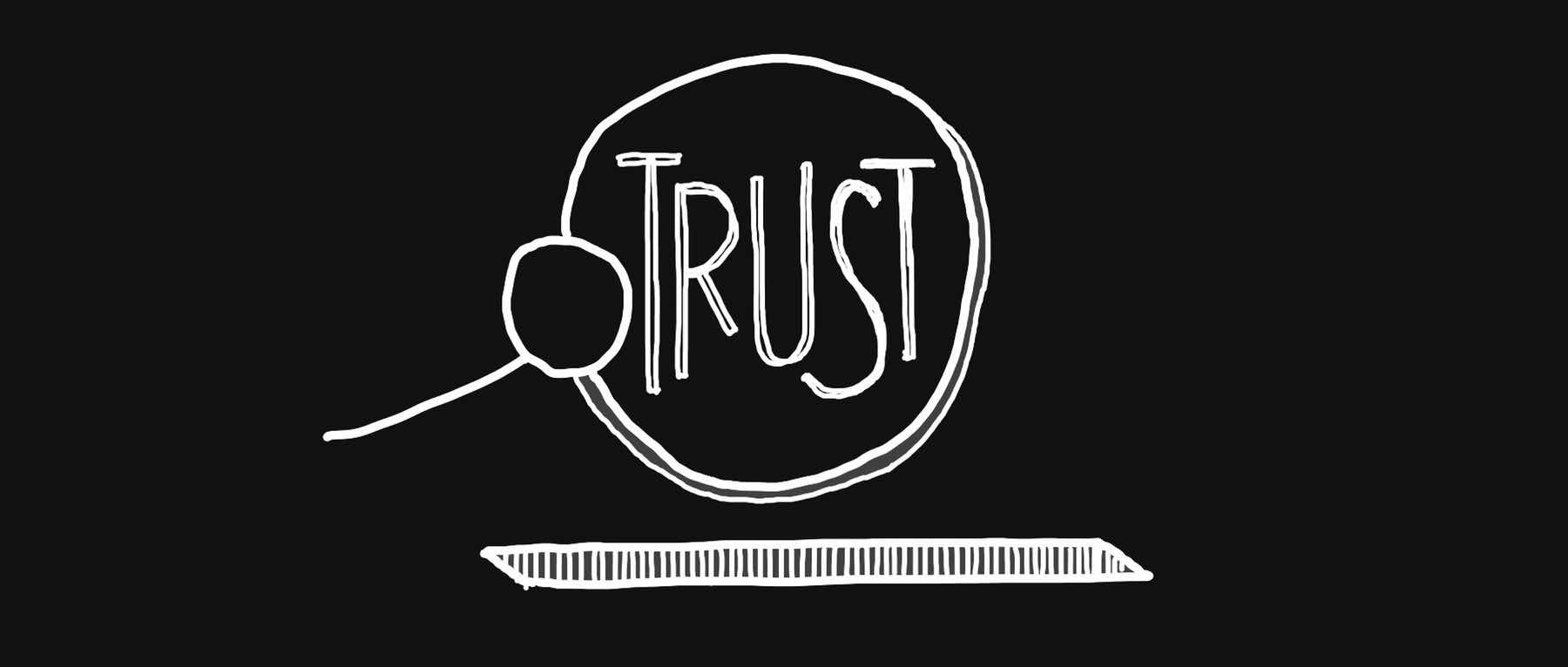One of the most impactful roles in the workplace is the direct manager. This person has a huge effect on our mental and emotional well-being at work. However, this is not the only person who can be a leader. All of us can rise us to be leaders, regardless of positional authority. It is important to consider what kind of leader we are and want to be.
I plan to continue my ongoing series on my story discovering mental health, but I wanted to interrupt it to share a series that I wrote on my personal blog, bennorris.com. In my day job, I am an engineering manager, and spend a great deal of time thinking about how to improve and be a better leader. In my mind, this is intricately connected with mental health, especially in the workplace.
Included here are links to each of the articles in the series, along with the brief summary. I hope that you find something that is helpful for your own mental health, or for your co-workers’.
Leading through trust

As a leader, your most important commodity is trust. Every action you take, every word you say, every success you notice or ignore affects the trust others have in you.
A leader’s role: protect

In my opinion, the most important functions a leader fulfills is to protect and provide. There are many ways in which a leader can do those, and I will first explore how a leader can protect people, the team, and the company.
A leader’s role: provide

I believe that the most important roles a leader must serve are to protect and provide. I want to explore this further by considering how a leader can provide support, clarity, and results.
Stages of leadership

Most people transition through three stages of leadership, whether consciously or not. These stages are the cruel tyrant, the benevolent dictator, and the servant leader.
Effects of stages

Leadership permeates our lives. Good leadership has the ability to uplift, just as poor leadership corrodes. We will consider the effects in terms of team makeup, team perspective, and team health.

